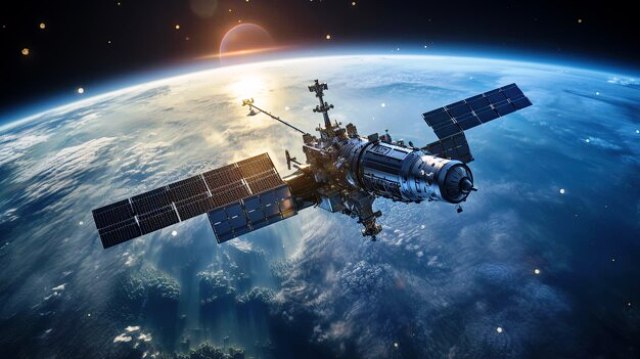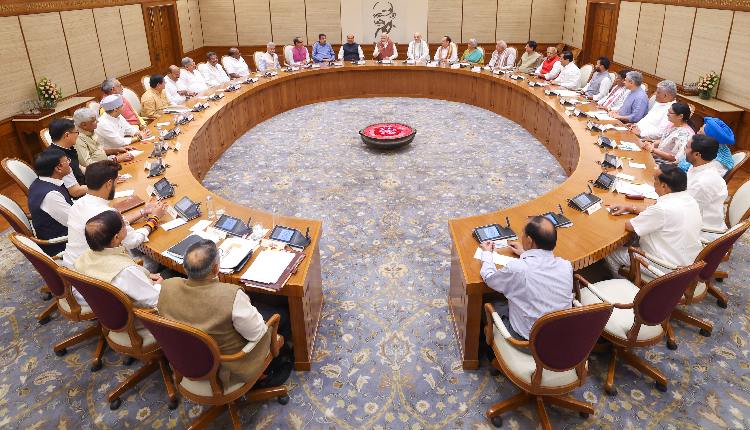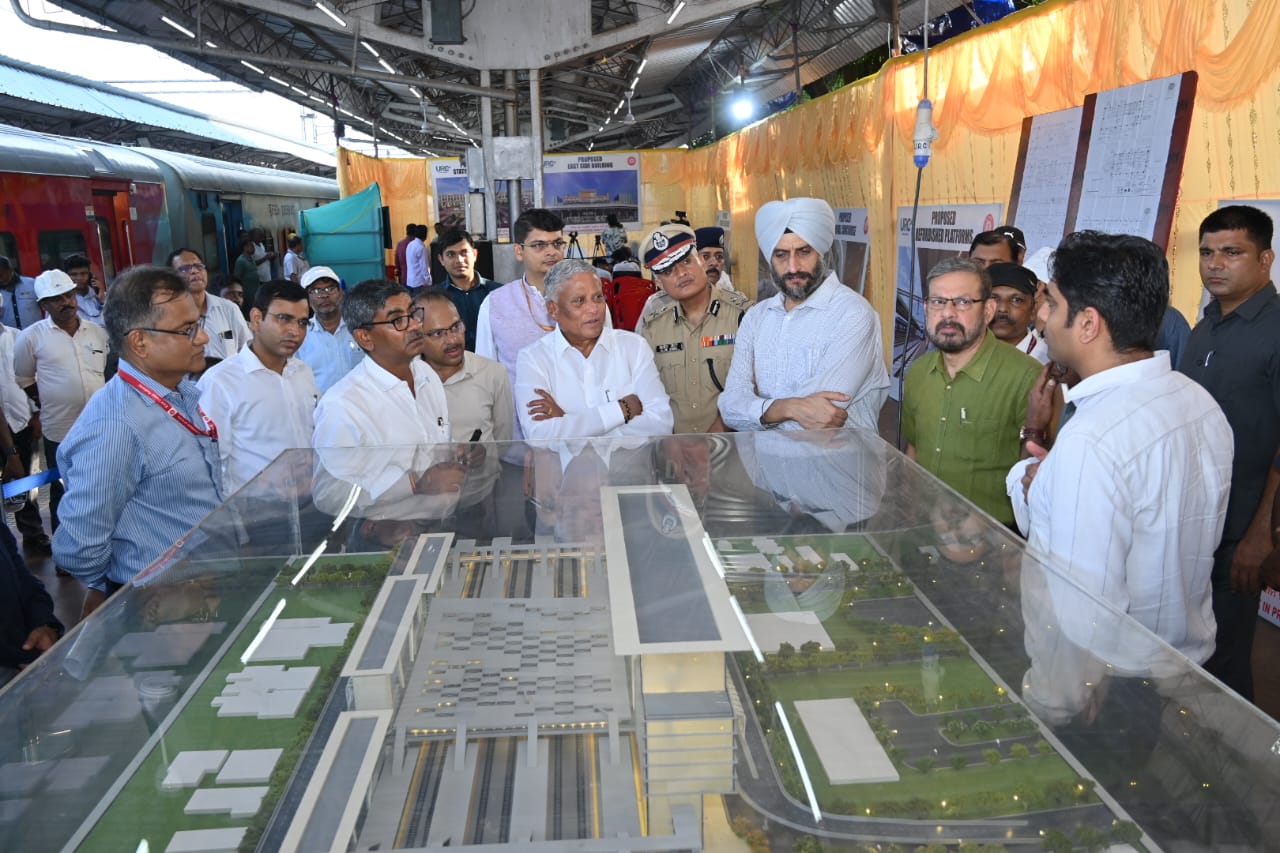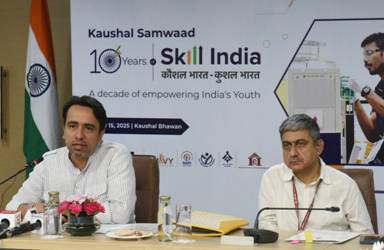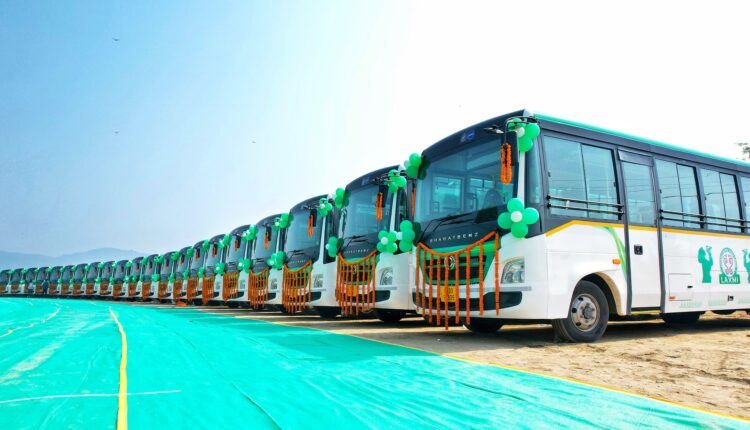New Delhi: The Union Cabinet, under the leadership of Prime Minister Narendra Modi, has approved a significant extension of the Gaganyaan program, marking a milestone in India’s space exploration ambitions. The cabinet has greenlit the development of the first unit of the Bharatiya Antariksh Station (BAS-1), expanding the scope of the Gaganyaan mission to include new technologies and precursor missions for the construction and operation of the BAS.
The decision involves revising the Gaganyaan program’s scope and funding to incorporate the development of BAS and related technologies. This revision will include the addition of an uncrewed mission and additional hardware requirements to support the ongoing Gaganyaan efforts. The updated program now targets eight missions, culminating with the launch of BAS-1 by December 2028.
Approved in December 2018, the Gaganyaan program aims to conduct human spaceflight missions to Low Earth Orbit (LEO) and lay the groundwork for long-term human space exploration. The expanded vision, known as the Amrit Kaal, aims to establish a fully operational Bharatiya Antariksh Station by 2035 and achieve an Indian Crewed Lunar Mission by 2040. This initiative aligns India with other leading space-faring nations that are investing heavily in long-duration human space missions and exploration beyond Earth.
Under the revised Gaganyaan program, ISRO (Indian Space Research Organisation) will oversee the development and demonstration of crucial technologies for extended human space missions. The program will include four missions by 2026 and the development of the BAS’s first module, followed by four additional missions to demonstrate and validate technologies necessary for the station’s construction and operation.
The expansion involves a net additional funding of ₹11,170 crore, increasing the total funding for the Gaganyaan program to ₹20,193 crore. This substantial investment will support the development of critical space technologies and infrastructure, enhancing India’s capabilities in microgravity-based research and technology development.
The establishment of the Bharatiya Antariksh Station will provide a national space-based facility to foster scientific research, technological innovations, and industrial growth. It is expected to stimulate significant technological spin-offs and boost employment in high-tech sectors related to space and allied industries.
Moreover, the program presents unique opportunities for the youth of India, encouraging careers in science, technology, and space research. The advancements and innovations arising from this mission are anticipated to benefit society at large, driving progress in various fields of research and technology.

